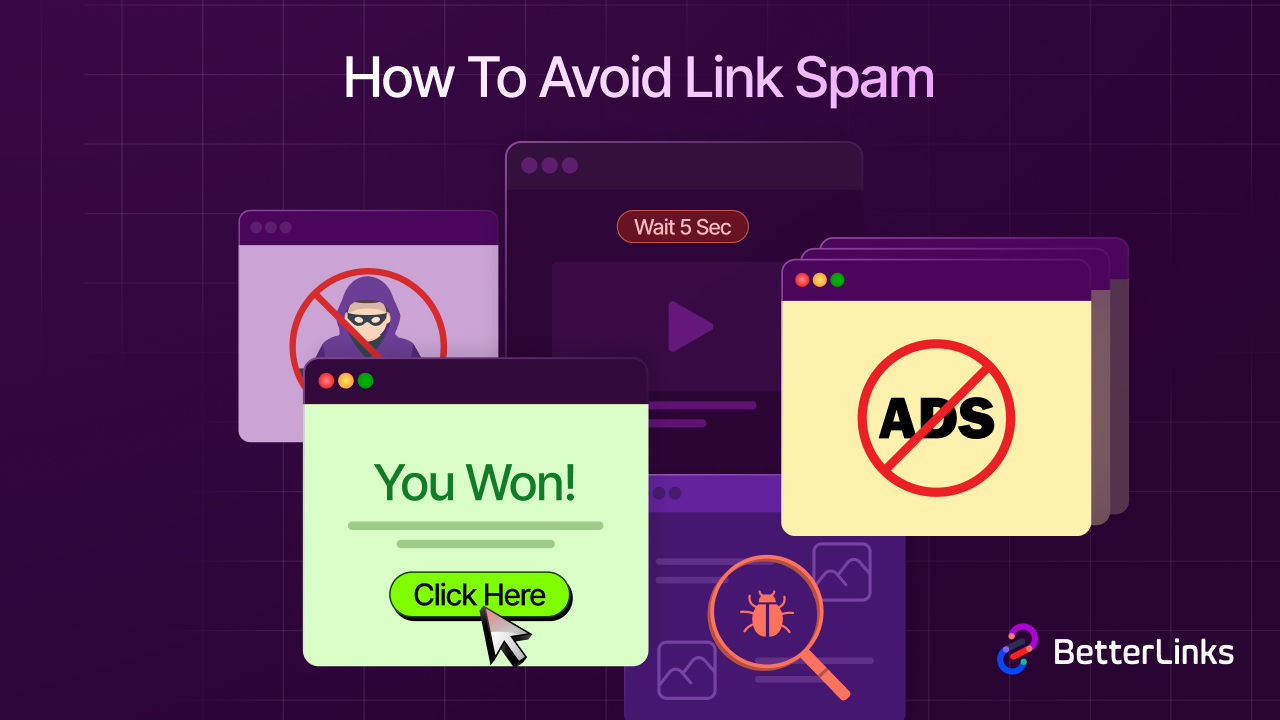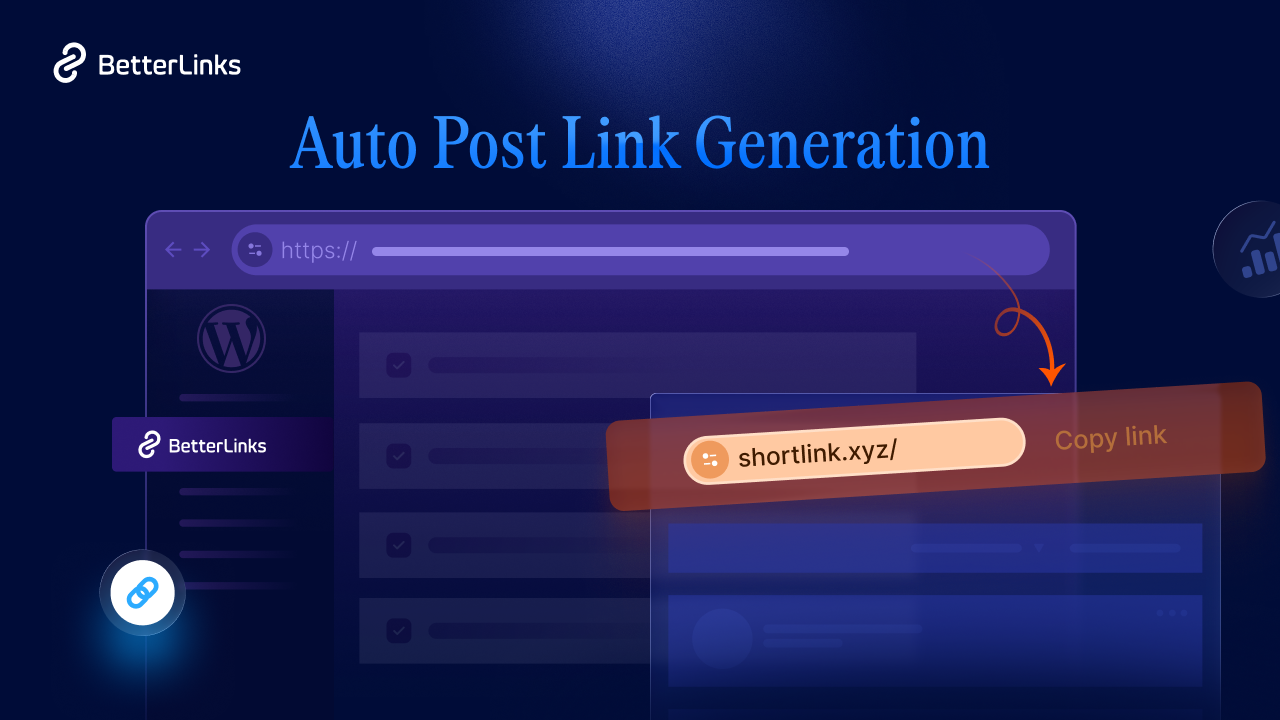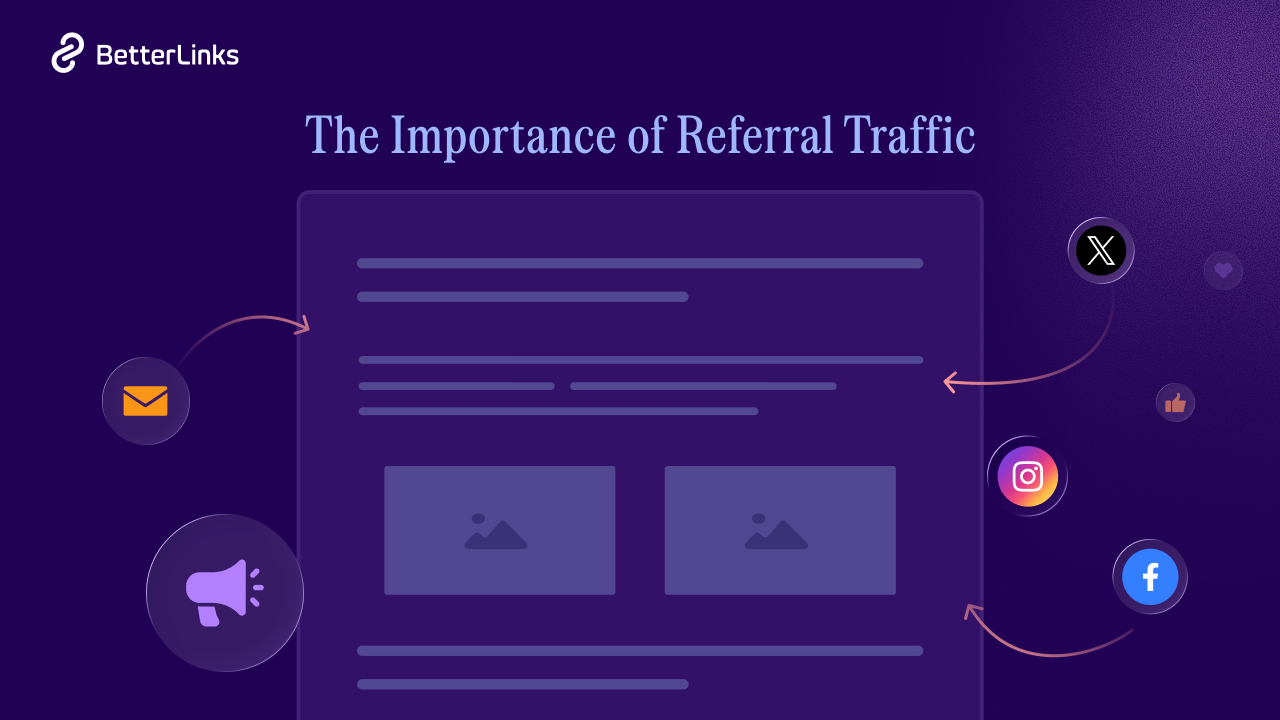Spam links are one of the most significant SEO hazards. It is more than just an inconvenience; it can seriously harm your website’s credibility. In the case of websites flooding the internet with irrelevant, manipulative, or low-quality links, search engines take notice, and not in a positive way. You could lose trustworthiness if you have spammy links rather than improve your rankings.

So what exactly is link spam, and how can you spot it before your site’s reputation is damaged? Let us look at the most common signs of spammy link-building tactics, including unnatural backlinks and over-optimized anchor text.
What Is Link Spam?
There is one thing that can hurt your website more than help it: link spam.
There is a good chance you have heard of it. The term “link spam” refers to the placement of low-quality or irrelevant links on websites solely in order to manipulate search engine rankings. In the long run, spammy links do not do you any good.
Low-quality or irrelevant links, however, violate search engine guidelines because they compromise the search engine results’ integrity and accuracy. The goal of search engines such as Google is to provide users with relevant, high-quality content based on their search terms.
Getting low-quality or irrelevant links to a website can distort search engine results and lead to unsatisfactory user experiences.
What Is the Best Way to Identify Spam Links?
The following things can help you determine whether a link is spam:
1. Irrelevant Sites
Your website is linked to irrelevant or unrelated sites, which is a sure sign of spam links. Spam is likely if a link originates from a website that has no relationship with your industry, niche, or content. Users do not benefit from these links, which are primarily placed to manipulate search engine results.
2. Low-Quality Content
It is common for spam links to come from sites with poor content. There is nothing of real value here. If your link appears here, it is probably not where you want it to appear.
3. Mass Link Placement
In addition to link spam, comment spam is also quite common. There are times when people (or bots) leave irrelevant links in blog comments or forum posts whose content has nothing to do with the links.

Source: Google Search Central
It is a sign of link spam when your link appears all over the place, in comments, in forums, or on a site with many links but no real content.
4. Overuse of Keywords in Anchor Text
Another spammy giveaway is the anchor text, which is packed with keywords that do not quite make sense. When you come across this kind of keyword overuse in athe nchor text, please be aware of it.
5. No-follow Links Trying to Pass as Dofollow
Search engines may think that a nofollow link is more valuable than it actually is if some spammy sites mask them as dofollow links.
If you fall victim to link spam, what happens?
It is not good at all.
What Are the Types of Link Spam?
What makes link spam so… well… spammy? Let us explore the types of link spam that are most common.
1. Comment Spam
It is probably not the first time you have seen this. A comment spam is when someone or a bot leaves unrelated links in a comment.
A person uses comment spam to drive traffic to his or her own website. Links of this type rarely add value and are easily spotted by search engines. In Google’s opinion, these are not a good idea.
2. Link Farms
A link farm, you know, is not a place for growing crops. Essentially, a link farm is a website that links to other websites exclusively. There is usually no real content on these sites, just links to random sites. It is possible to find a page with 150 links, but there is no engaging content or relevant information.
Over the past few years, Google has cracked down on link farms that manipulate search engine rankings. If you come across a site that is nothing but a list of links, avoid it. They are not helping anyone except the link farm owner.
3. Paid Links (From Shady Sites)
SEO is a grey area when it comes to paid links. However, the problem occurs when low-quality or spammy websites sell paid links.
You are essentially wasting your money if you buy links from sites with little to no traffic or that have no relevance to your niche. Linking to that website will not boost your search engine rankings, and Google may even consider it manipulative.
An overview:
Rather than buying links, build organic, trustworthy ones that genuinely boost your site’s credibility.
4. Directory Spam
It was once widely used to build links by submitting your website to directories, but today, this practice is considered spammy.
An alternative perspective:
It is still possible to find quality directories that provide valuable backlinks. Do not fall for the ones that seem like they are merely gathering links without adding any actual value.
5. Keyword Stuffing in Anchor Text
Using anchor text to enhance your content makes it more user-friendly, but if you overdo it with keyword stuffing, you will get ugly results. An excessive amount of keywords in anchor text may appear unnatural to search engines.
You need to create anchor texts that are diverse. Rather than using only exact-match keywords, use variations and make sure your links are naturally placed.
6. Links From Hacked or Malware Infected Websites
Spam links placed on websites infected with malware or hacked by hackers are dangerous. Links that are low-quality and untrusted have a negative effect on your search engine optimization and security.
Links to such sites may negatively affect your site’s ranking or result in search engines deindexing it. In order to protect your site, you should monitor your backlinks, disavow harmful links, and make sure your website is secure.
Links Spammers And Their Impacts
You might think that link spamming is an easy way to boost your website’s ranking, but it can have some serious consequences. Sure, it may seem like a slow-motion disaster at first, but it does eventually get better.
Google Penalties
The penalties you receive can have a drastic impact on your rankings, or even wipe your site from the search engine results altogether. When it comes to spammy links, Google has an extremely keen eye, and it will punish any site that attempts to manipulate its system.

It is hard to bounce back once you have been penalized. The process of clearing up your link profile, disavowing bad links, and possibly waiting months to recover will take a lot of work. The quick fix did not pay off, so that is a lot of work.
Damaged Reputation
People (or search engines) will lose trust in you if they detect that you are using dodgy link-building tactics. Building trust is hard, but destroying it is easy. It can be challenging to regain both search engine and audience trust once you have a bad reputation.
Poor User Experience
In most cases, spam links lead to websites that are irrelevant or of poor quality. If your visitors click on these links, they may end up in places unrelated to what they expected. It is not a good user experience.
If a user is frustrated, he or she will probably bounce off your site quickly. Taking this seriously is important to Google. The search engines understand that sites with irrelevant, low-quality links offer a poor user experience, and that will affect your rankings over time.
Wasted Time And Resources
There is a catch: spammy link-building tactics waste your resources and time. Backlink building takes time, but cutting corners with spam is even more time-consuming because you must clean up the mess.
5 Expert Tips to Avoid Link Spam
Link spam can harm your website’s SEO and reputation. Here are five expert tips to help you avoid it and maintain a clean, effective link profile.
Make Quality a Priority Over Quantity
There is a temptation to go after as many backlinks as possible, but quality is more important than quantity. It is possible to get tons of links from low-quality sites, but those links will not boost your SEO. The Authority Hacker research found that 93.8% of link builders prioritize quality over quantity when it comes to links.
Do Not Use Low-quality Or Link Farms
Do not visit a link farm or a site with questionable content if you know it is a link farm. Sites such as these exist only for the purpose of selling backlinks, and they are of no value. The search engine giant is smart, and it will not be fooled by these shady practices.
Build Links Organically
It is about creating useful content people want to link to. By doing so, you will receive links from sites that genuinely appreciate your content, rather than spammy sites.
Avoid Links That Are Irrelevant
You might think this is a no-brainer, but consider this. It is important to stay relevant. Linking to a website that does not relate to your industry is probably not a good idea. A random backlink might seem like a quick way to get a backlink, but Google is not going to be impressed.

It is always a good idea to aim for links from sites within your niche or at least ones that have a similar context to yours.
Stay on Top of Your Link Profile
It is possible that you did not even know some of your links were spammy. You should always keep an eye on your link profile because of this. Monitoring your backlinks with Google Search Console or Semrush is a good way to ensure you are getting them.
The best way to get rid of low-quality or suspicious links is to disavow them (tell Google to ignore them) or to contact the website owners.
Safeguard Your Website from Link Spam
It is crucial to avoid link spam if you want your online presence to remain healthy and credible. The best way to protect your website from SEO penalties and enhance user trust is to focus on high-quality backlinks, build organically, and constantly monitor your link profile. The key to sustainable growth is to develop authentic strategies instead of taking shortcuts. You need to be vigilant and make smart decisions when it comes to link building in order to ensure long-term success.
Is this blog helpful? Join our community to stay updated with the latest blogs, product reviews and WordPress solutions. Subscribe to our blog for in-depth tutorials, tips and product demos or visit our website for the newest updates.






